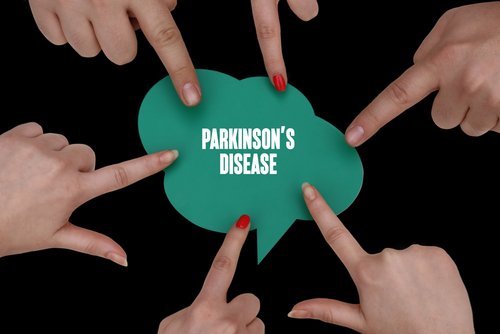NeuroDerm to Present Updates on 2 Parkinson’s Therapies at Vancouver MDS Congress

Israel’s NeuroDerm will update its ND0612H and ND0701 therapies for Parkinson’s disease during the 21st International Congress of Parkinson’s Disease and Movement Disorders, scheduled for June 4-8 in Vancouver.
ND0612H is a liquid formulation of levodopa/carbidopa (LD/CD) given subcutaneously to patients with advanced Parkinson’s. Trial 006 (NCT02577523) enrolled 38 participants across the United States, Europe and Israel, who were assigned to receive 24 hours (R1 group) or 14 hours (R2 group) of the ND0612H infusion.
The R1 group received ND0612H 720 mg of levodopa and 90 mg of carbidopa at a high daytime rate for 18 hours and a low nighttime rate for six hours. The R2 group received 538 mg of levodopa and 68 mg carbidopa during 14 hours in the day, and an additional morning dose of 150 mg and 15 mg of the two drugs. All patients were treated for 28 days.
Preliminary results released in March 2017 showed that nearly two-thirds of patients who responded to the treatment had no OFF-time. The presentation, “Safety, efficacy and tolerability of continuous SC LD/CD (ND0612) infusion in PD patients with motor fluctuations,” by Dr. Sheila Oren, NeuroDerm’s chief medical officer, will update these results.
Another presentation, “Baseline characteristics of the population enrolled to a randomized clinical study of subcutaneous levodopa/carbidopa (ND0612) infusion in patients with advanced PD,” by NeuroDerm’s medical director, Dr. Tami Rachmilevitz, will reveal additional data from the trial.
In addition, NeuroDerm will present findings of Trial 005 comparing ND0612 and LD/CD gel suspension delivered to the intestine. Liat Adar, Neuroderm’s director of clinical pharmacology and personalized medicine, will present the paper, “Pharmacokinetic profile of continuous levodopa/carbidopa delivery when administered subcutaneously (ND0612) versus duodenal infusion.”
Finally, the company will reveal data on the pharmacokinetics of its other product, ND0701 — a new liquid formulation of apomorphine for patients with moderate to severe Parkinson’s disease who do not respond well to LD/CD. In 2015, the U.S. Food and Drug Administration lifted its clinical hold on U.S. clinical studies of ND0612H and ND0612L. ND0612L is similar to ND0612H but is being developed to treat patients with moderate Parkinson’s.






